Keeping your liver in good health is one of the most vital health lessons to understand. Your liver works every second of your life, silently supporting digestion, energy, immunity, and toxin removal.
If this organ weakens, the entire body suffers. Protecting it with the right food, habits, and lifestyle choices can extend your quality of life and prevent serious disease.
What is the Function of the Liver?
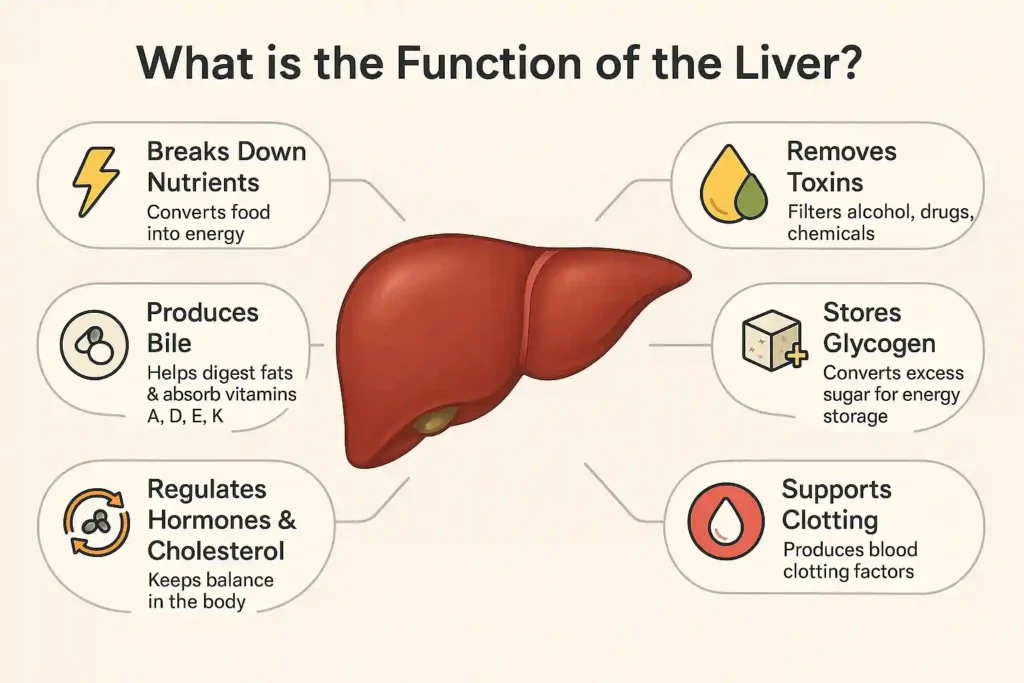
Before understanding how to protect it, we must ask, what is the function of the liver? Knowing its role makes it clear why this organ deserves your care and attention.
Key Functions of the Liver in the Human Body
The functions of the liver go far beyond digestion. This organ is responsible for more than 500 processes, each vital to human survival. Some of the most critical functions include:
A single example shows how powerful the liver is: when you eat fried food, the fat would overwhelm your bloodstream if not for bile production. Without bile, fat digestion becomes impossible.
Importance of a Healthy Liver
A healthy liver ensures strong digestion, steady energy, and toxin-free blood. Once liver function drops, common issues such as fatigue, brain fog, indigestion, and even jaundice appear.
Doctors often remind patients that most liver diseases remain silent for years before symptoms show. That is why liver function and health must be supported daily.
Foods for a Healthy Liver
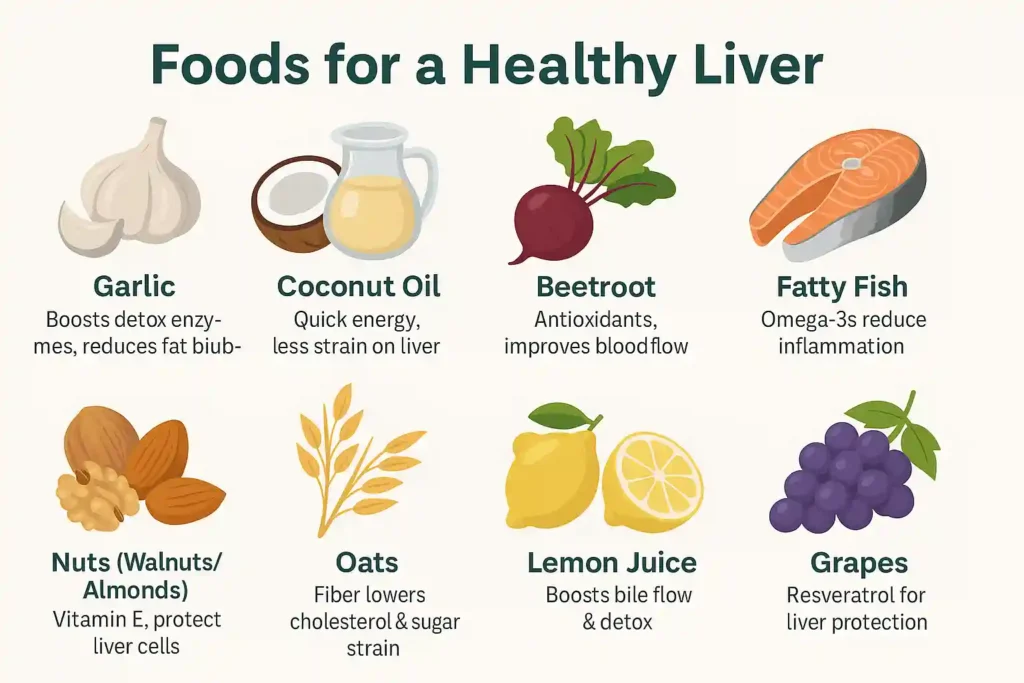
Diet is the most direct way to protect this vital organ. Choosing the right foods for a healthy liver builds natural resistance against damage and supports cell repair.
Garlic: Natural Detox Support
Garlic is loaded with sulfur compounds that trigger enzymes essential for detoxifying the body. For instance, allicin and selenium in garlic directly boost liver detox pathways.
Adding chopped garlic to soups or vegetables strengthens your body’s natural defenses. It is even linked to reducing fat buildup, making it a natural aid in liver disease prevention.
Coconut Oil: Healthy Fat for Liver Function
Coconut oil is different from most cooking oils. It contains medium-chain triglycerides which the liver converts quickly into energy. Unlike long-chain fats, these do not overload liver cells.
For patients struggling with fat digestion, small amounts of coconut oil may improve metabolism while reducing stress on the liver.
Beetroot: Rich in Antioxidants
Beetroot is a rich source of betalains and nitrates, both of which serve as powerful antioxidants for liver health. Studies suggest beetroot juice improves blood flow, lowers inflammation, and protects liver cells from oxidative stress.
A simple example is beetroot blended in smoothies which naturally cleanses your blood while boosting stamina.
Fatty Fishes: Omega-3 Benefits
Salmon, mackerel, and sardines supply omega-3 fatty acids. These fats reduce inflammation, lower fat accumulation in the liver, and help balance cholesterol.
Research shows omega-3 rich diets reduce progression of non-alcoholic fatty liver disease. Following fatty liver prevention tips like eating oily fish twice a week can keep liver enzymes within a normal range.
Nuts: Protecting Liver Cells
Walnuts and almonds are particularly beneficial because they contain vitamin E, an antioxidant that shields liver cells. Their polyunsaturated fats also improve blood lipid profiles.
For example, replacing fried snacks with a handful of nuts can lower liver stress.
Oats: Fiber for Better Digestion and Liver Health
Oats are filled with beta-glucan fiber that not only lowers cholesterol but also helps regulate blood sugar. This reduces strain on the liver since it no longer struggles with excess fat or sugar. Daily oatmeal is an excellent preventive step.
Ginger: Anti-Inflammatory Effects
Ginger reduces inflammation and enhances insulin sensitivity. By improving sugar metabolism, it prevents fat buildup in the liver. Ginger tea or adding fresh ginger to curries can serve as natural herbal remedies for liver support.
Lemon Juice: Boosting Liver Detox
Lemon juice increases bile flow and provides vitamin C. Drinking warm lemon water daily helps the liver flush out toxins, supporting a gentle natural liver detox. This simple practice is a cost-free way to keep your liver active.
Grapes: Antioxidants for Liver Protection
Red and purple grapes are rich in resveratrol, a compound that shields liver tissue from inflammation and scarring. Consuming grapes on a regular basis also helps to lower oxidative stress associated with alcohol and liver damage. Even grape seed extract is studied for liver repair.
How to Improve Liver Health Naturally?
Changing daily habits is key to how to improve liver health naturally. While food is powerful, lifestyle changes make protection complete.
Balanced Diet and Lifestyle Changes
A liver-friendly diet avoids refined sugars, trans fats, and excessive salt. Instead, it focuses on fresh produce, lean proteins, and whole grains.
For example, replacing soda with fruit-infused water reduces liver stress dramatically. Pairing a diet with proper sleep ensures the liver has time to regenerate at night, supporting the best liver-supporting lifestyle.
Hydration and Regular Exercise
Water is essential for flushing toxins from the bloodstream. Without enough water, the liver works harder, leading to fatigue.
- Aim for at least 2 liters daily for proper hydration for liver function.
- Exercise is equally vital since it lowers fat deposits in the liver. Even simple walking for 30 minutes daily helps prevent fat buildup.
Avoiding Excess Alcohol and Processed Foods
Alcohol is among the most damaging substances for the liver. Chronic intake leads to scarring, cirrhosis, and cancer. Pair this with processed foods high in sugar and chemicals, and the risk multiplies.
Doctors constantly warn that cutting alcohol intake is the strongest step for protecting your liver from permanent harm.
Final Tips on How to Keep Your Liver Healthy
If you want to know the real answer to how to keep your liver healthy, think about consistency. Small daily choices are what matter most. Garlic in your food, oats in your breakfast, enough water throughout the day, and exercise before bedtime all combine to create lifelong liver strength.
Your liver does not complain until it is too late. Protect it today, and it will reward you with years of energy, immunity, and vitality.
FAQs
What foods help repair the liver?
Garlic, fatty fish, nuts, beets, and grapes repair liver cells, reduce inflammation, and protect against long-term damage. These foods build natural resilience inside liver tissues.
What are the first signs of a bad liver?
The earliest signs are fatigue, yellowing of eyes, poor appetite, nausea, swelling in the abdomen, and dark urine. Many symptoms remain hidden until the damage progresses.
How can I improve my liver health?
Balanced food, regular exercise, hydration, and limiting alcohol intake are essential. These habits reduce fat buildup, prevent scarring, and strengthen natural repair mechanisms.
Which fruit heals the liver?
Grapes, lemons, and berries support liver health. They contain antioxidants, vitamin C, and resveratrol, all of which help reduce inflammation and boost detox activity.
What is the best drink to flush your liver?
Plain water is the most effective drink. Adding lemon juice can enhance detox capacity, but hydration itself is the most important factor for supporting liver function.
What are the three worst things for your liver?
Excess alcohol, fried processed foods, and refined sugary drinks are the most damaging. These trigger fat accumulation, toxin overload, and long-term scarring of liver cells.
Is coffee good for your liver?
Yes, moderate coffee protects against liver disease. It lowers enzyme levels, reduces fat buildup, and provides antioxidants that shield liver tissue from progressive damage.


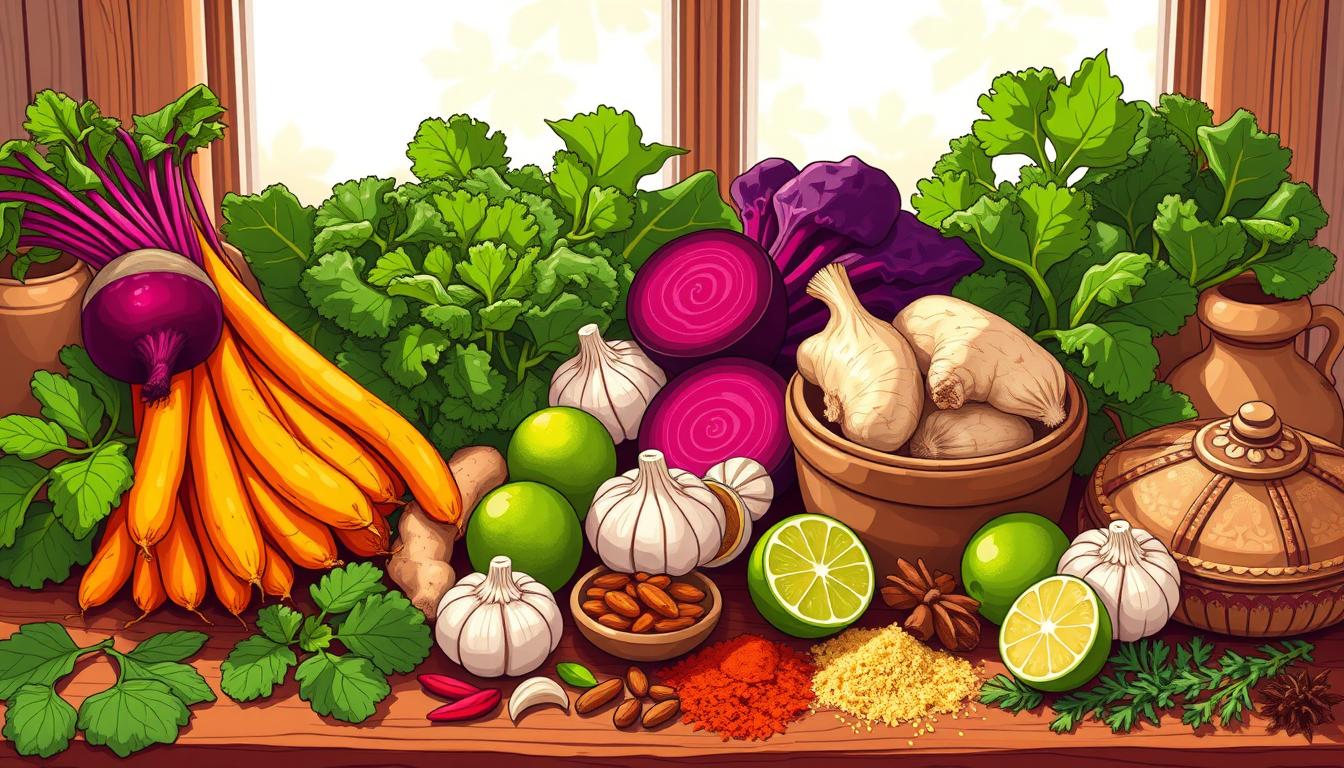




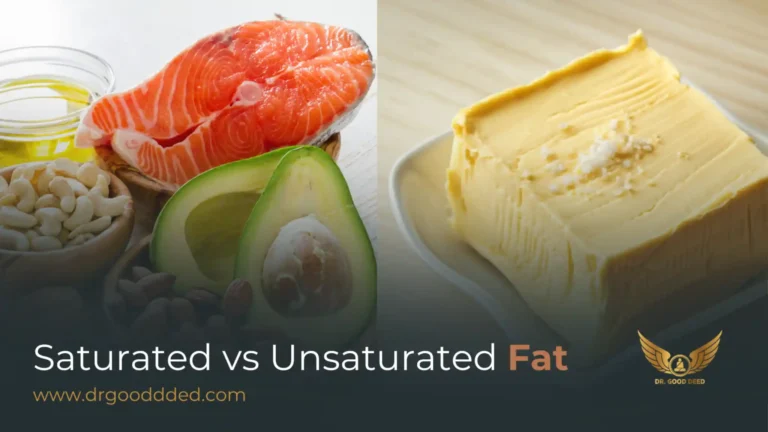
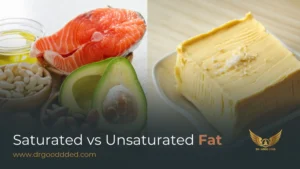
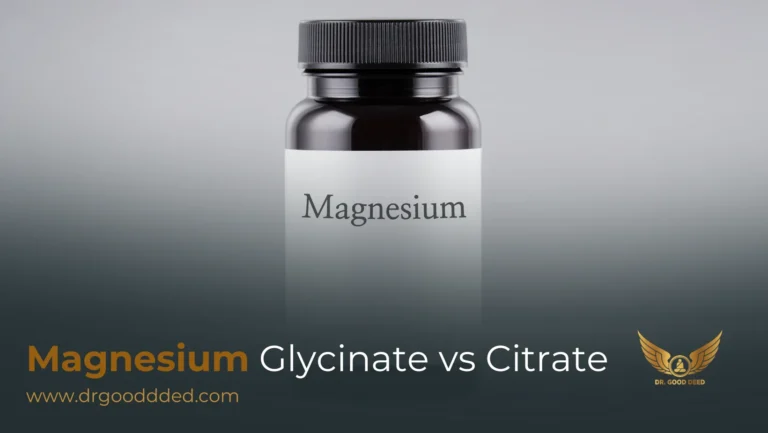
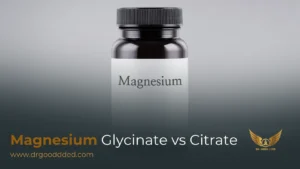



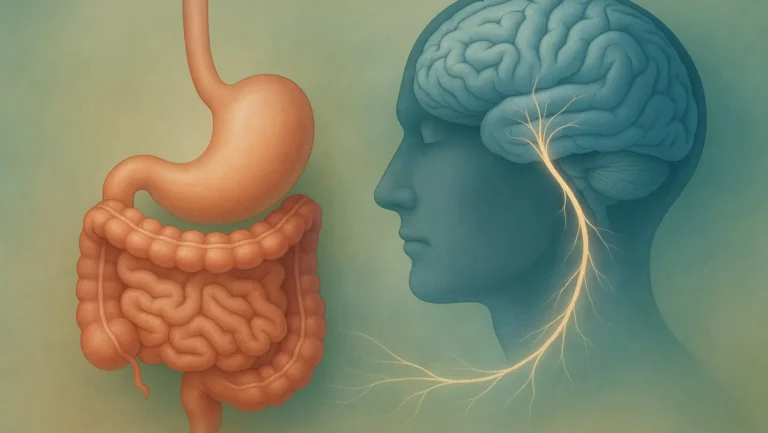

Leave a Comment